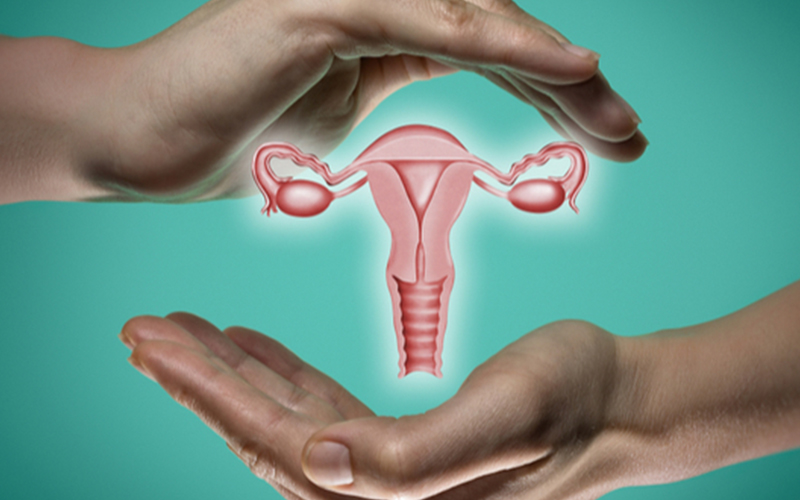

Tissue freezing is a process that is generally very easy at the cellular level and gives effective results for the purpose. Although freezing and preserving organs is not a practical and very feasible method, applications such as in vitro fertilization or cancer treatment can be performed with cell-level freezing processes.
Oocyte Freezing
Oocyte freezing (egg freezing), also known as oocyte cryopreservation, is an innovative and effective technology that allows women to freeze and store their eggs. This process can be applied for many different reasons. The eggs of a woman who will be treated for cancer at a young age can be stored as a precaution if a treatment-related infertility develops.
Eggs that can be used in case of women with early menopause in their family and those with reduced ovarian reserve problems wanting to become pregnant can be stored by freezing. In short, in cases where there is a possibility that the woman's fertility potential may decrease, her eggs are frozen with oocyte freezing and these eggs can be used to have a biological child when she wants to become pregnant in the future.
Does Egg Freezing Have Any Side Effects During Pregnancy?
In this operation, the freezing process is performed in a laboratory environment. However, in order to obtain the eggs to be frozen, the hormones, also known as follicle stimulating, ensure the overdevelopment of the eggs. Eggs are collected with a needle and the operation is performed under anesthesia. The risks of the operation are limited to the risks of anesthesia and the occurrence of damage to the area with the needle.
Studies conducted on in vitro fertilization treatments using frozen eggs have not revealed any data on whether these eggs are healthier or unhealthy than embryos with normal eggs. The risk of miscarriage is as much as the risk of miscarriage at the age at which the mother freezes her eggs. Or the possibility of any anomaly in the baby is the same as the risk that the mother had during the period when her eggs were retrieved and frozen.
How is the Egg Freezing Process Decided?
Women who are likely to experience infertility in the early period and who want to give birth to their biological child may decide to have this procedure done. Women who are not yet married but at risk of infertility also prefer this operation by making a long-term plan. It is recommended to freeze approximately 30 eggs for each pregnancy. When the freezing process is decided, it will be correct to freeze eggs separately according to the desired number of children.



